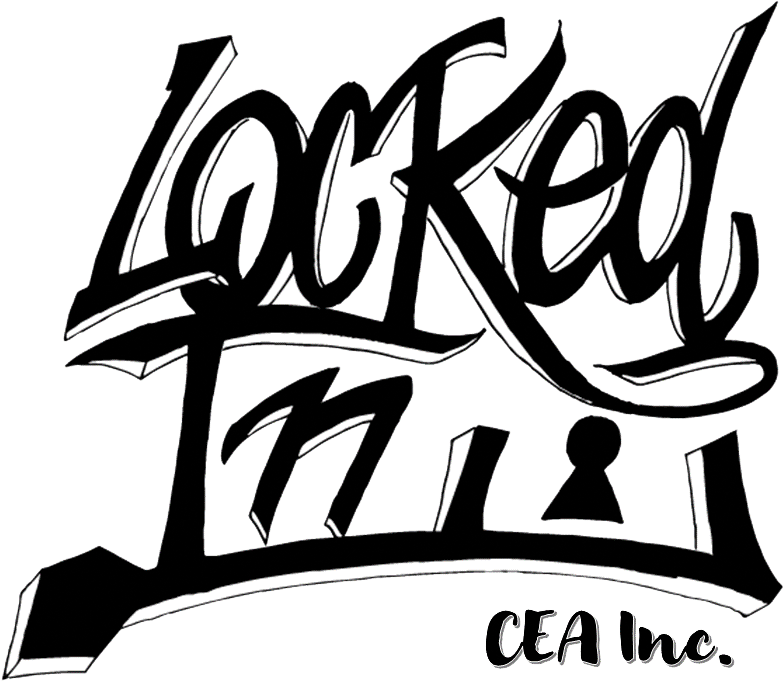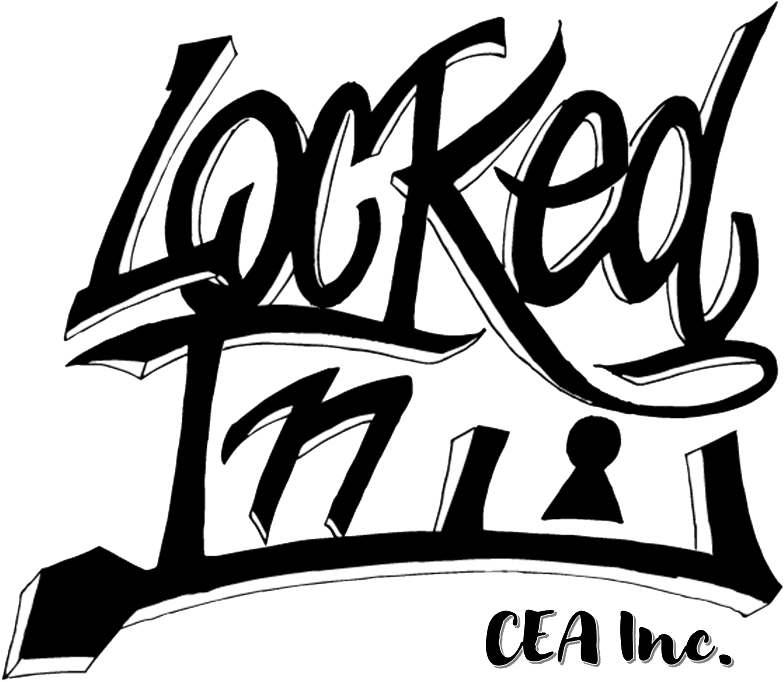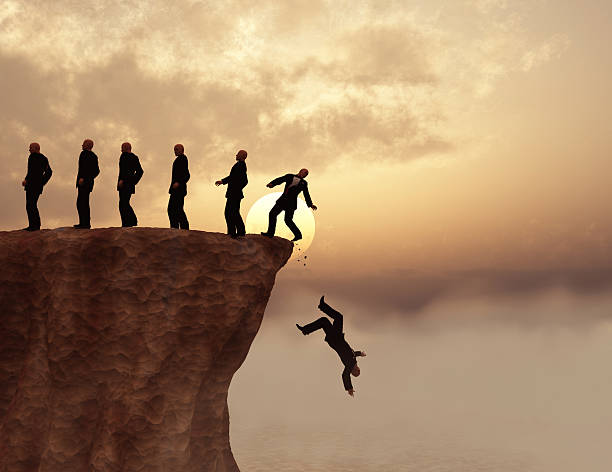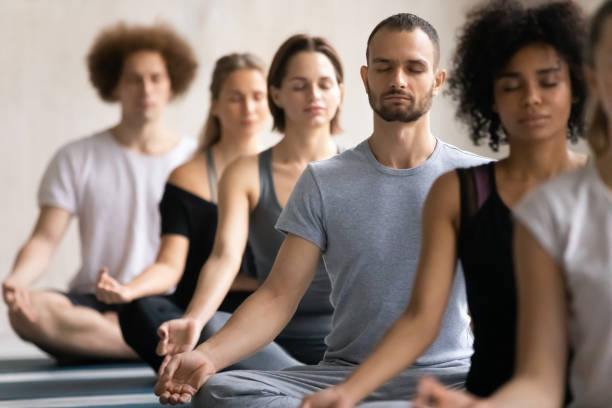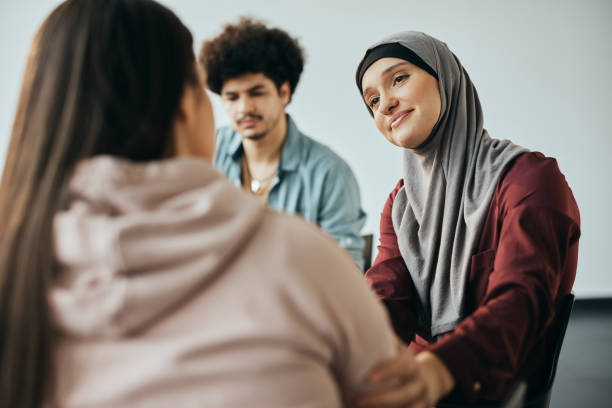Education
Locked In provides several programs we can offer your facility ranging in mental health, substance abuse, and transcommunal practices. Each of our facilitators has been in treatment and is familiar with the treatment process, making them relatable to the clients. Our mission is to help clients accelerate through therapy and thrive in life. We are passionate about what we do and it is through that passion, education, and lived experience that allows us to break down barriers to recovery and have high participation and satisfaction.
Contact us to get a demonstration of any program of your choosing to ensure your satisfaction with the program and group facilitation.
We come to you with prepared six, eleven or twelve-week curriculums for each one of our programs. In addition, during these trying times, we also offer Zoom or any virtual platforms you are comfortable with.
Unlocked 5 steps is a 12 week, 5 step interactive program targeting adolescents and young adults that struggle to escape the cycle of self-destructive behavior.
Self-awareness is conscious attention directed towards the self . To cultivate self-awareness, we may engage in reflection or introspection. When we have this life skill, we often find ourselves pondering why we are the way we are or why we do the things we do.
Relapse prevention is a cognitive-behavioral approach to relapse with the goal of identifying and preventing high-risk situations such as unhealthy substance use, obsessive-compulsive behavior, sexual offending, obesity, and depression.
Life skills are abilities for adaptive and positive behavior that enable humans to deal effectively with the demands and challenges of life. This concept is also termed as psychosocial competency.
Goal setting involves the development of an action plan designed in order to motivate and guide a person or group toward a goal. Goals are more deliberate than desires and momentary intentions. Therefore, setting goals means that a person has committed thought, emotion, and behavior towards attaining the goal.
Coping refers to conscious strategies used to reduce unpleasant emotions. Coping strategies can be cognitions or behaviors and can be individual or social. Coping is to deal with and overcome struggles and difficulties in life. It is a way for us to maintain our mental and emotional well-being
Emotional Intelligence (EI) is the ability to manage both your own emotions and understand the emotions of people around you. There are five key elements to EI: self-awareness, self-regulation, motivation, empathy, and social skills.
Reconciliation is an overarching process, that includes the key instruments of justice, truth, healing and reparation, for moving from a divided past to a shared future. Reconciliation is both a goal – something to achieve – and a process – a means to achieve that goal.
The goal of anger management is to reduce both your emotional feelings and the physiological arousal that anger causes. You can’t get rid of, or avoid, the things or the people that enrage you, nor can you change them, but you can learn to control your reactions.
Mindfulness is a type of meditation in which you focus on being intensely aware of what you’re sensing and feeling in the moment, without interpretation or judgment. Practicing mindfulness involves breathing methods, guided imagery, and other practices to relax the body and mind and help reduce stress.
It defines criminal thinking as a set of attitudes or beliefs connected to criminal behavior that support and maintain a criminal lifestyle. Criminal thinking encompasses what an offender thinks as well as how an offender thinks.
Job skills are the entire collection of skills you use to complete your work. They typically comprise: Workplace skills: The personal skills that ensure you do your job well, such as being adept at teamwork, time management, or solving problems
Conscious Communication is our ability to clearly and compassionately communicate with ourselves as well as others. It is our ability to think wisely and stop that nonstop chatter which goes in our own mind.
The Stages of Change describes how an individual integrates new behaviors, goals, and programs at various levels. At each stage, different intervention strategies will help individuals progress to the next stage and through the model.
What We Offer
Locked In offers several mental health, substance abuse, and transcommunal programs to help each of your needs. Individual and group coaching is available.
Press the “Schedule a Call” button to speak with someone regarding the programs Locked In offers.
